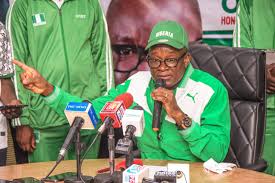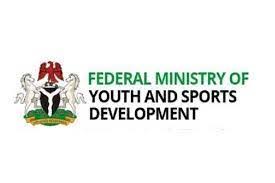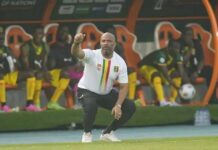The recent revelations of age discrepancies among Nigerian athletes have once again shone a spotlight on the longstanding issue of age cheating in the country’s sports ecosystem. The Athletics Federation of Nigeria (AFN) has been called to account for the questionable ages of four junior athletes set to compete at the upcoming World Under-20 Championship in Lima, Peru.
This troubling development is not isolated to athletics, as the Nigerian football team, the Golden Eaglets, has been plagued by similar allegations of age manipulation in the past. The inability of the country’s youth teams to translate their dominance at the cadet level to success at the senior level has been largely attributed to this persistent problem.

According to a source from the Ministry of Sports Development, the age discrepancies uncovered by the Athletics Integrity Unit (AIU) are a clear case of “forgery of birth certificates” and “falsification of ages” in an attempt to favor certain athletes.
This practice of age cheating has not only tarnished Nigeria’s reputation on the global sports stage but has also hindered the long-term development of the country’s athletic talent. As former NFF chairman Anthony Kojo Williams aptly stated, “We can’t keep using overage players. We used over-age players for junior championships, I know that. Why not say it? It’s the truth. We always cheat.”
The consequences of this endemic issue are far-reaching. Nigerian players who excel at the youth level often fail to make a lasting impact at the senior level, as their physical and mental development have been stunted by the pressure to perform beyond their years.
Experts have pointed to the lack of a robust grassroots sports development program as a key factor contributing to the prevalence of age cheating. Without a solid foundation of talent identification and nurturing at the school and community levels, the temptation to resort to age manipulation becomes all the more enticing for coaches and administrators.
Adokie Amiesimaka, a former Super Eagles winger, has been vocal in his criticism of the practice, citing specific examples of players who were clearly older than their reported ages. The former player’s observations underscore the need for a more rigorous and transparent system of age verification in Nigerian sports.
As the country grapples with this recurring menace, stakeholders have called for a renewed focus on grassroots sports development. Obioma George, the Abia Sports Council Director, emphasized the importance of reviving school sports programs and fostering a culture of talent identification and development from the ground up.
Former Super Eagles goalkeeper Ike Shorunmu echoed this sentiment, stating that the key to addressing the age cheating problem lies in the school system, where the true ages of athletes can be verified and their exceptional talents nurtured.
The Federal Government, through the Ministry of Sports Development, must take decisive action to address this issue. Stringent age verification measures, coupled with a comprehensive grassroots sports development strategy, could be the catalyst needed to eradicate the scourge of age cheating and unlock the true potential of Nigerian sports.




